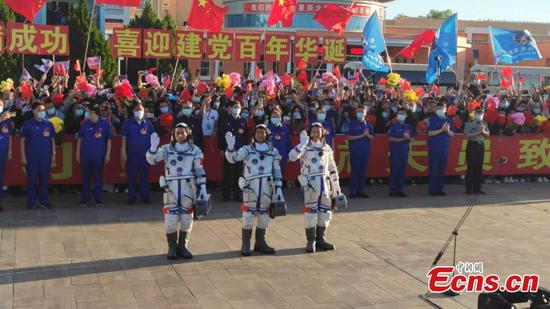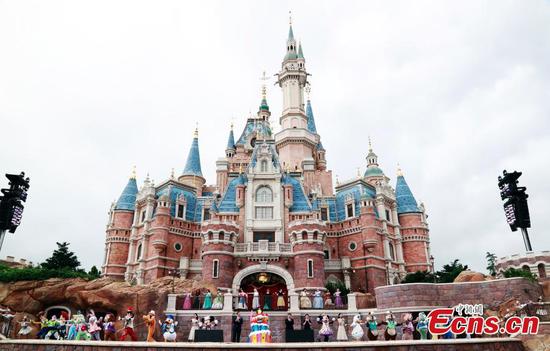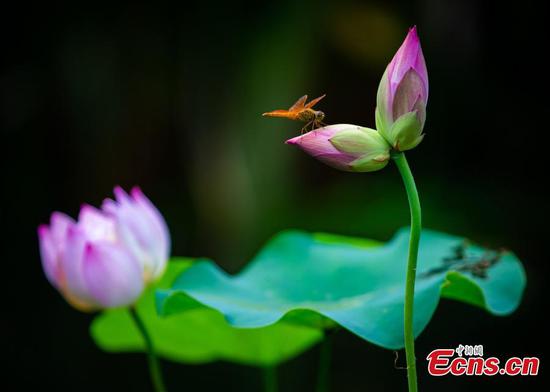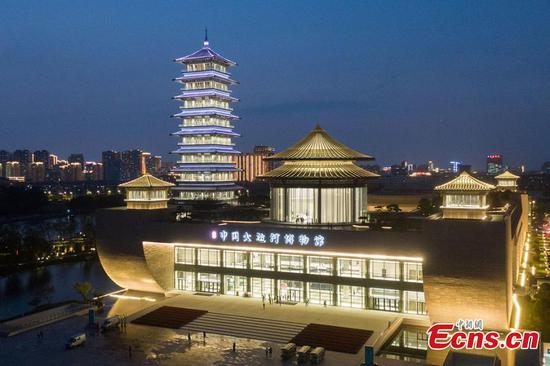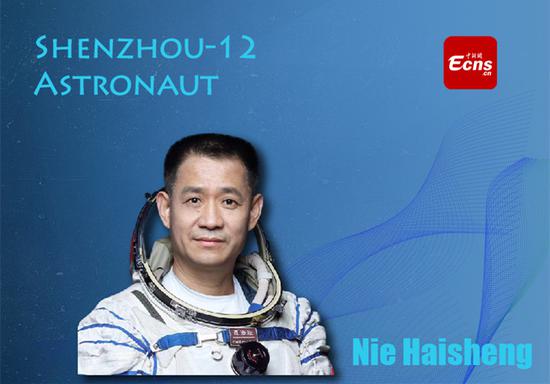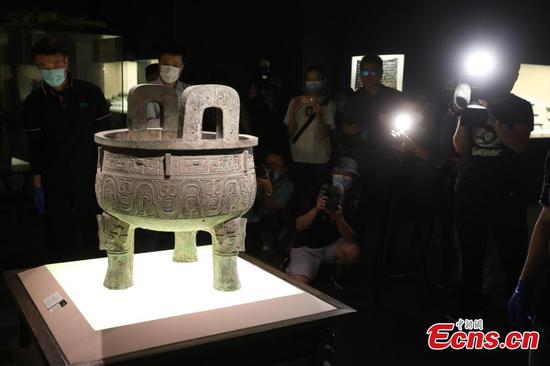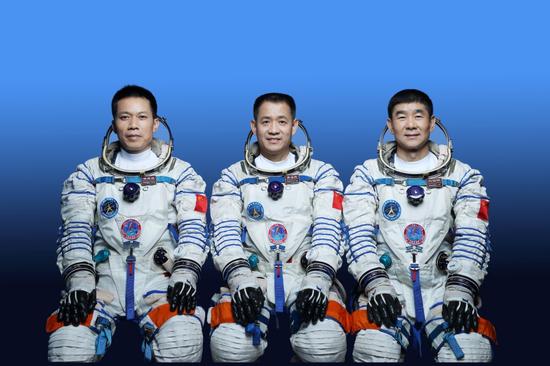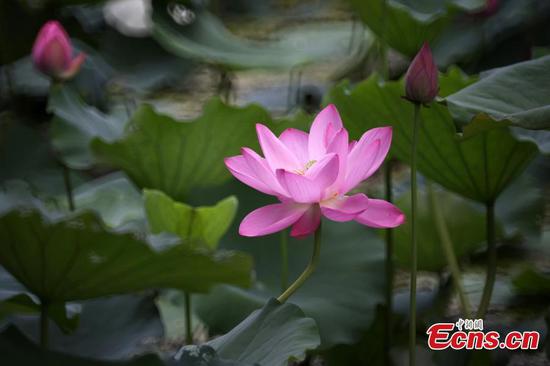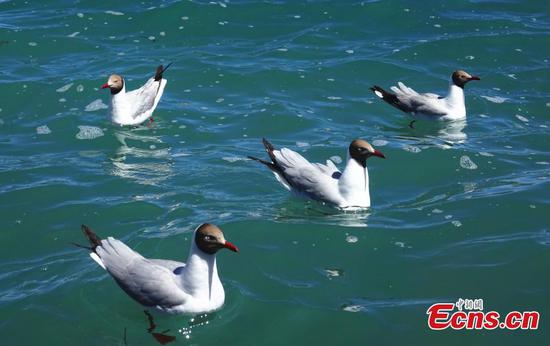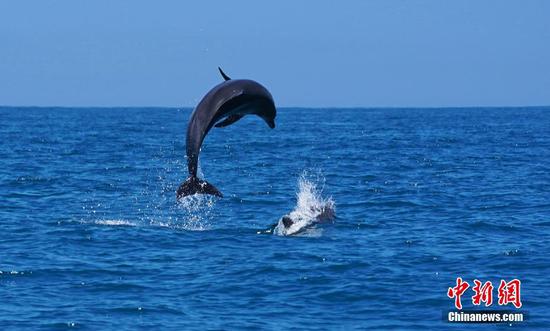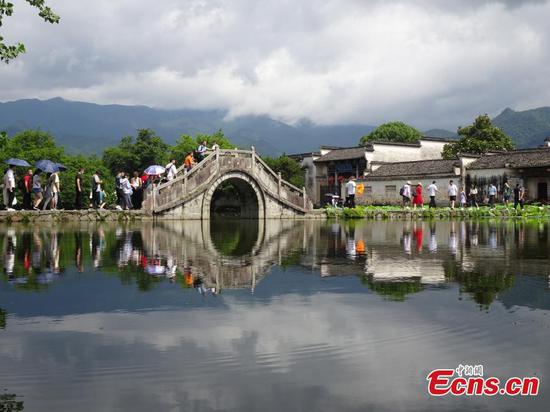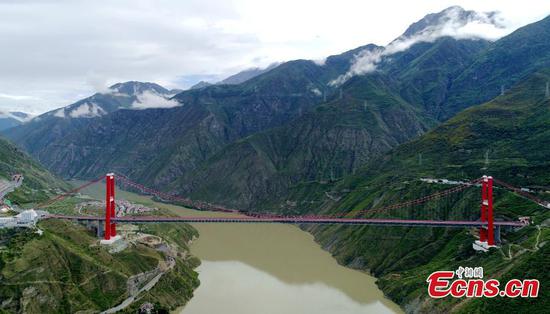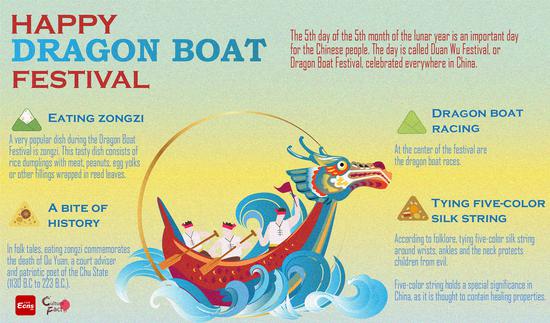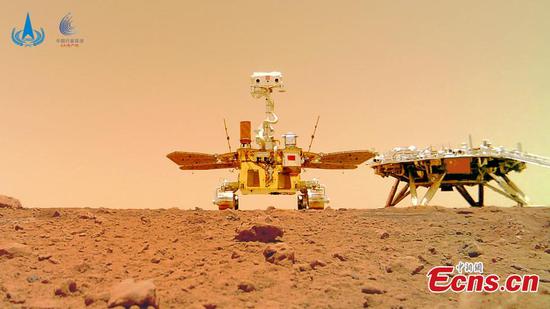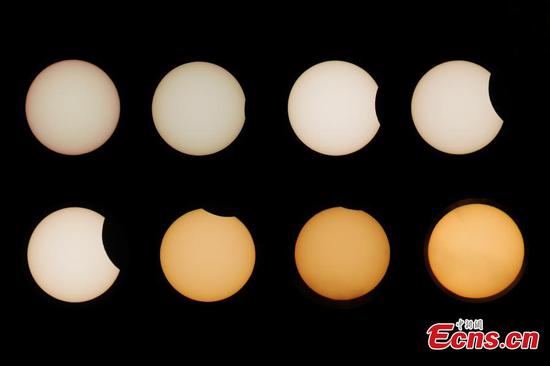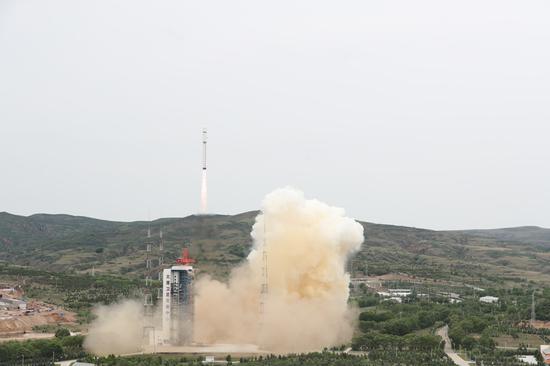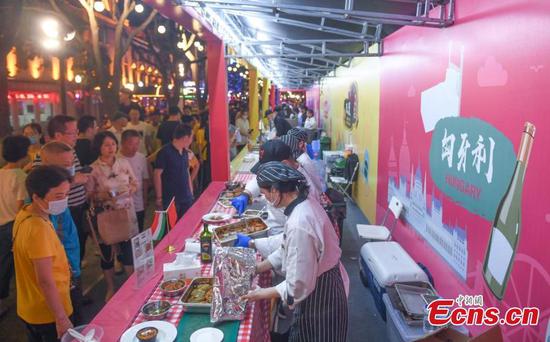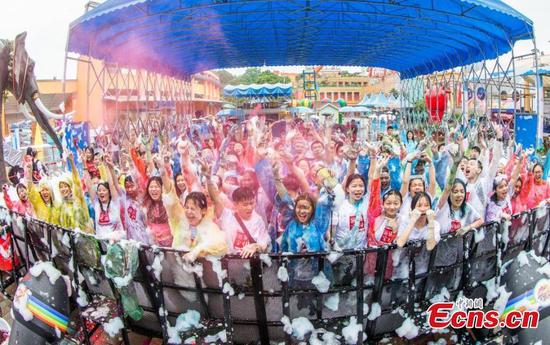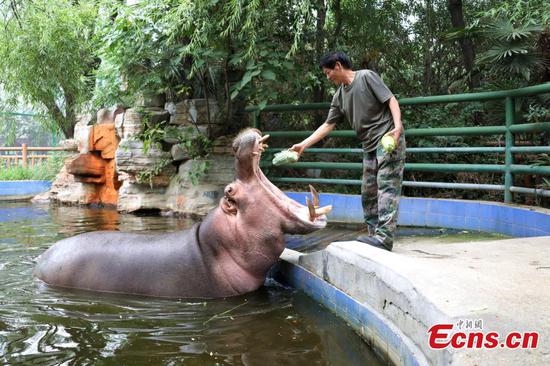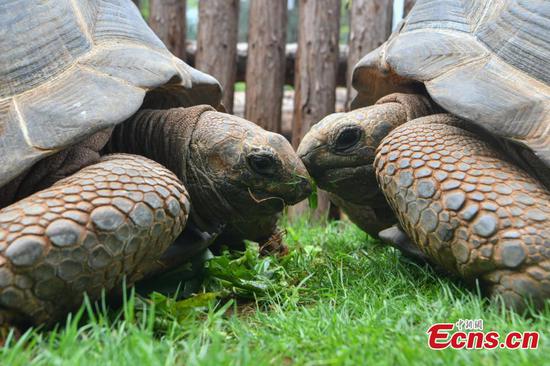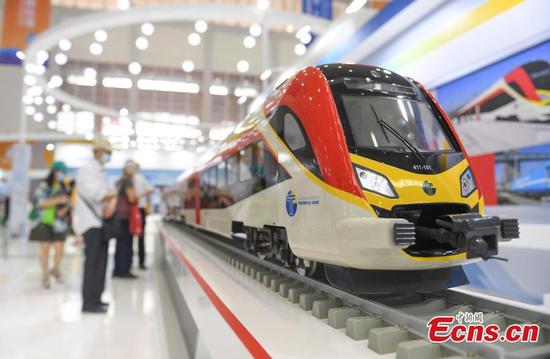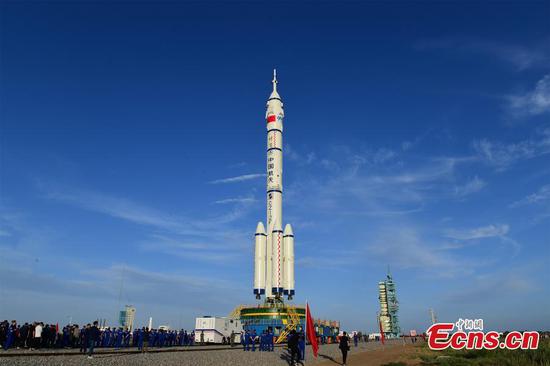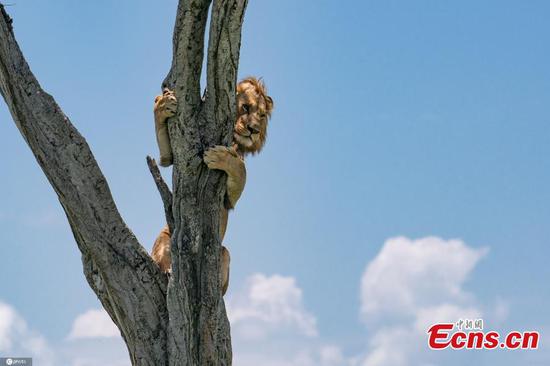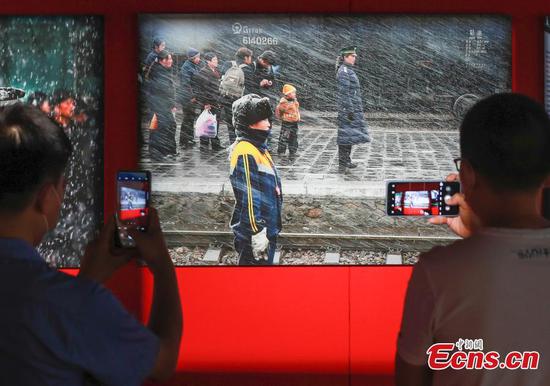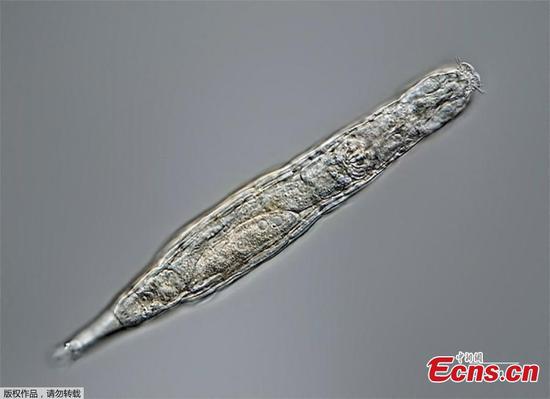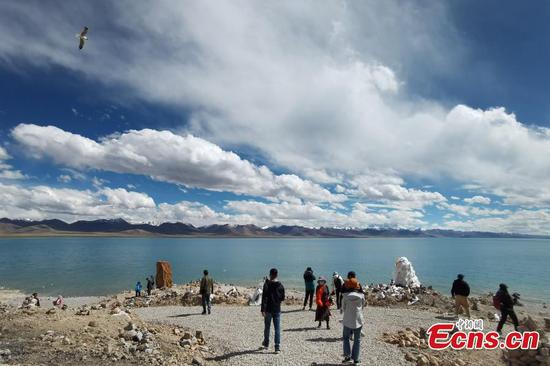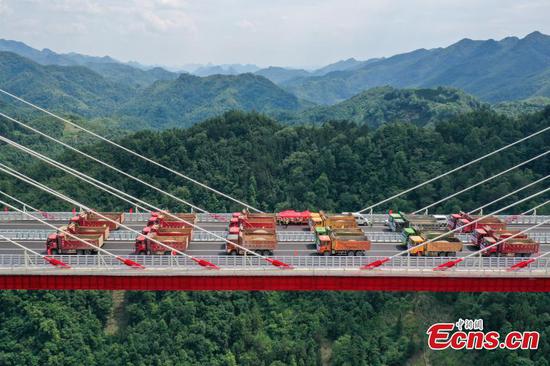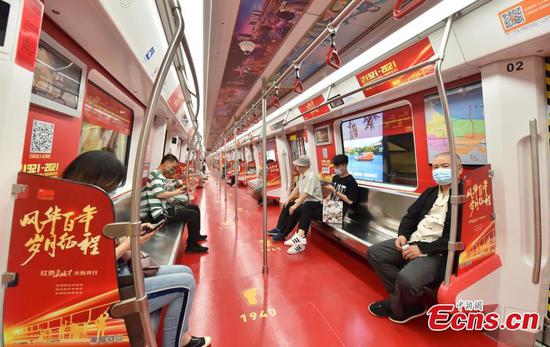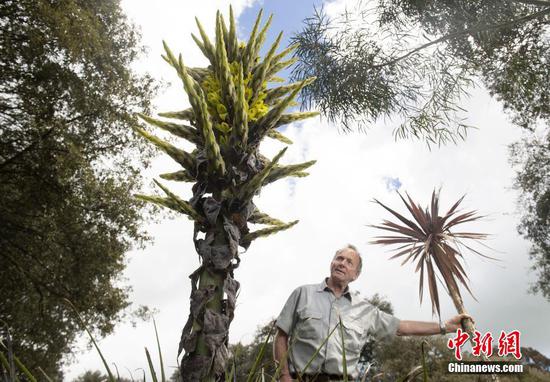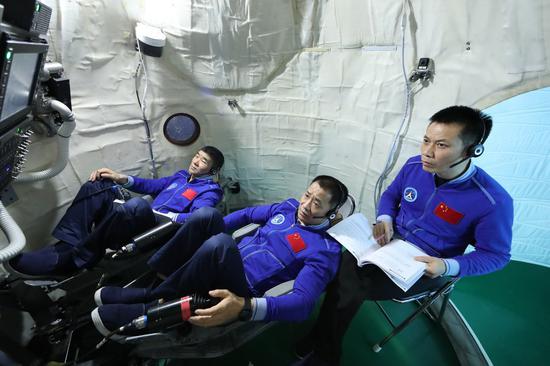
Chinese astronauts Nie Haisheng (C), Liu Boming (L) and Tang Hongbo carry out training on May 15, 2021. (Photo by Xu Bu/Xinhua)
MORE EXTENSIVE COOPERATION
The space station in low-Earth orbit can carry out large-scale space science and technology experiments with astronauts involved, which can greatly promote the development of space technology and enable technological innovation in related fields, Ji said.
Though China is relatively a latecomer in this field, its space station has complete functions and advanced technologies with a moderate scale.
It also has some outstanding advantages in terms of reliability and safety, habitability, comprehensive efficacy, compatibility, cost-efficiency as well as the information, energy and power technologies, Ji said.
China also plans to carry out more extensive and in-depth international cooperation on its space station, making it a space lab for the benefit of all mankind, Ji said.
The scientific experiment cabinets aboard China's space station have been equipped with standard ports for diversified payloads to carry out international research, he said.
The CMSA has worked with the United Nations Office for Outer Space Affairs (UNOOSA) to invite UN member states to conduct scientific experiments aboard China's space station.
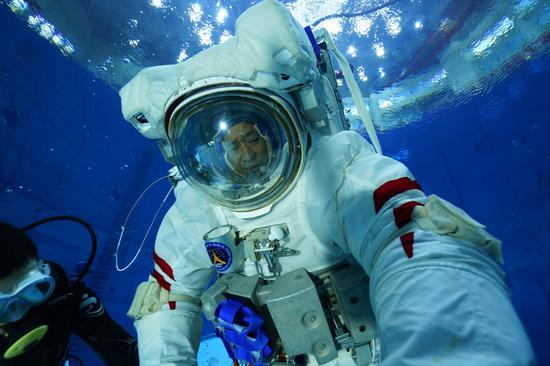
In June 2019, China released the first batch of nine jointly-selected international cooperation projects, involving 17 countries in aerospace medicine, life sciences and biotechnology, microgravity physics and combustion science, astronomy, and other emerging technologies.
Ji noted that China and Russia have maintained sound and productive cooperation in the crewed spaceflight field. Both sides are maintaining exchanges in low-Earth orbit space station and crewed deep space exploration, and more cooperation is expected.
China also welcomes cooperation proposals of joint flight of Chinese and foreign astronauts, which might be realized after the construction of China's space station is completed, he said.









